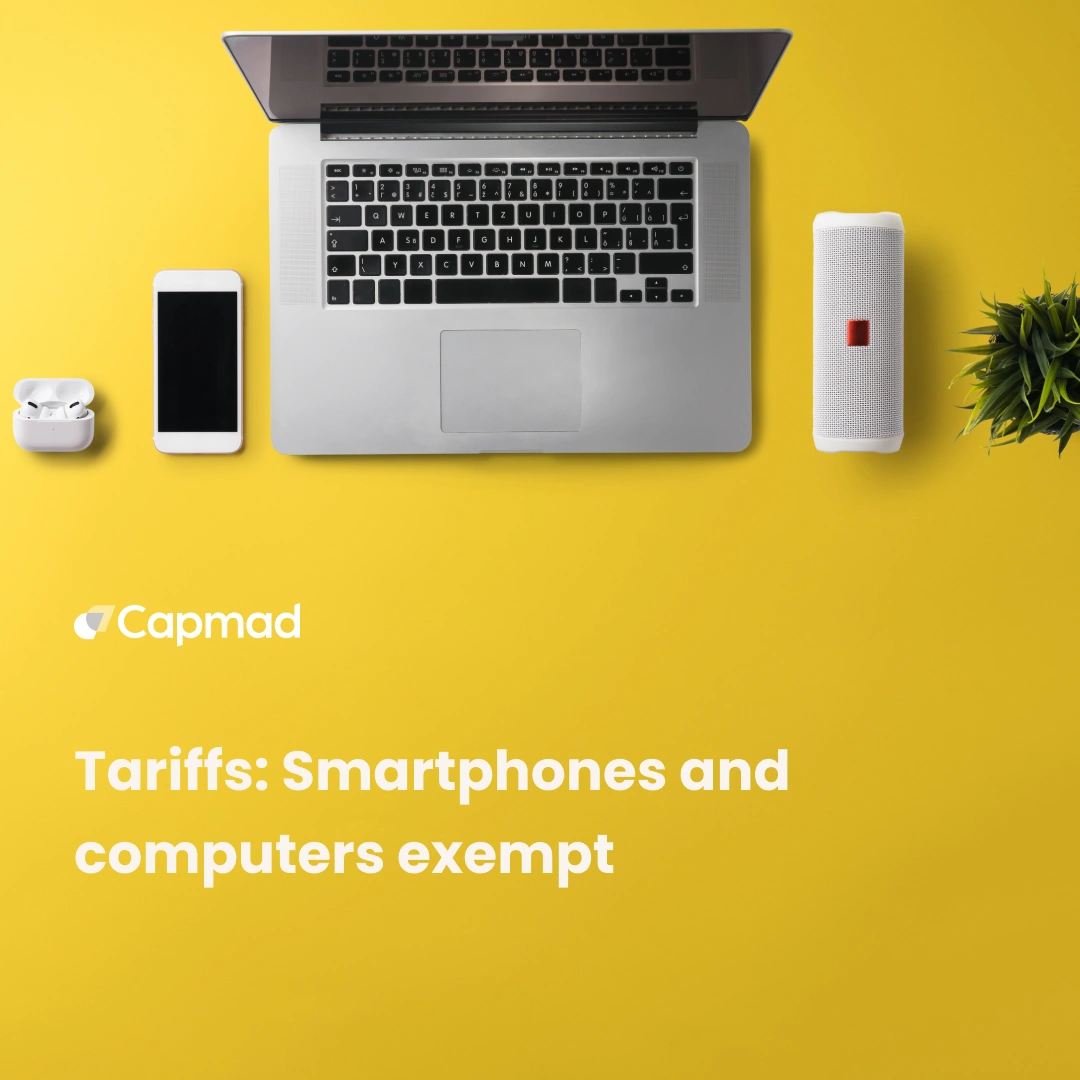In a global context where natural resources play a crucial role in international relations, gold is a strategic vector to strengthen diplomatic ties between countries. Mali and Ghana, two West African nations, perfectly illustrate this dynamic. Indeed, these two gold-rich countries seek to establish solid partnerships to not only stimulate their economies but also to enhance their diplomatic cooperation. Capmad addresses the stakes of this collaboration as well as key figures of the gold industry.
Economic Context of Gold in West Africa
West Africa is one of the world’s richest regions in gold resources. According to the United Nations Industrial Development Organization (UNIDO) report, the region produced about 4.5 million ounces of gold in 2020, representing nearly 30 % of Africa’s total gold production. Ghana is the continent’s leading gold producer, with a production of 4.2 million ounces in 2020, while Mali ranks second with about 2.5 million ounces.
This wealth in gold has profound implications for the diplomatic relations between these two countries. Ghana, with a more stable and diversified economy, has much to offer Mali, which faces economic and political challenges. By collaborating in the gold sector, the two countries can not only strengthen their respective economies but also establish a cooperation framework that could extend to other areas.
Key Figures of the Gold Industry
In the wake of the recent visit of the Malian Prime Minister to Accra, the reception in Bamako of a delegation of Ghanaian gold investors on Thursday, January 30, marks a new stage in strengthening bilateral relations between Mali and Ghana.
- Gold Production : In 2022, Ghana produced 4.2 million ounces of gold, while Mali produced 2.5 million ounces. In 2023, Ghana’s production slightly increased to 4.3 million ounces, while Mali’s remained stable.
- Generated Revenues : According to World Bank data, the mining sector represents about 15 % of Ghana’s GDP and 10 % of Mali’s. In 2022, Ghana’s mining revenues reached approximately USD 4.9 billion, while Mali’s are estimated at 2.5 billion USD.
- Foreign Investments : Ghana attracted about 3 billion USD in foreign investments in the mining sector in 2022, while Mali received around 1.5 billion USD. These investments are crucial for infrastructure development and job creation.
- Jobs Created : The mining sector directly employs over 100,000 people in Ghana and about 60,000 in Mali. Indirectly, thousands more jobs are created in related services such as transport and logistics.
Diplomatic Stakes
Cooperation between Mali and Ghana in the gold sector is not limited to economic considerations. It also holds diplomatic importance. The two countries share common challenges, including the fight against terrorism and political instability in the Sahel region. By joining forces, they can better address these threats.
- Fight Against Terrorism : Mali is facing a jihadist insurgency that has destabilized the country since 2012. Ghana, on the other hand, has managed to maintain relative stability. By collaborating in the gold sector, the two countries can strengthen their common security and share information on potential threats.
- Regional Stability : Economic cooperation can also contribute to regional stability. By strengthening their ties, Mali and Ghana send a strong message to other countries in the region about the importance of collaboration for development and peace.
- Strategic Partnerships : Ghana could play a key role in helping Mali develop its mining infrastructure and attract foreign investments. This could include partnerships with Ghanaian companies for the exploration and exploitation of mines in Mali.
Future Joint Projects
The prospects for cooperation between Mali and Ghana in the gold sector are promising. Several initiatives can be envisioned.
- Creation of a Special Economic Zone : The two countries could consider creating a special economic zone dedicated to mining exploration, thus facilitating investments and job creation.
- Training and Skill Transfer : Ghana, with its experience in the mining sector, could offer training programs for Malian workers, thereby strengthening local capacities.
- Regional Cooperation : By partnering with other countries in the region, such as Côte d’Ivoire and Burkina Faso, Mali, and Ghana could create a strong economic bloc, thus reinforcing their position in the global gold market.
Collaboration between Mali and Ghana in the gold sector represents a unique opportunity to strengthen their diplomatic and economic ties. By joining forces, these two countries can not only improve their economic situation but also contribute to regional stability. With impressive figures and significant growth potential, gold could well become the pillar of a new era of cooperation in West Africa. The challenges are numerous, but so are the opportunities. By working together, Mali and Ghana can pave the way for a prosperous and stable future.






